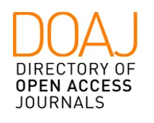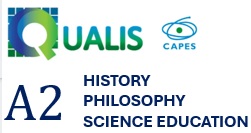Philipp Frank and the Relationship Between Physics and Philosophy in the Belle Époque
DOI:
https://doi.org/10.24117/2526-2270.2024.i17.03Keywords:
Historical epistemology, Indeterminism, Philipp Frank, Pluralism, WorldviewsAbstract
Philipp Frank (1884-1966) was an Austrian theoretical physicist and philosopher and a founding member of the Vienna Circle. Although much of his recognition as a proponent of logical positivism emerged in the 1920s, Frank’s deep interest in and engagement with philosophy, particularly the philosophy of science, was evident from the early years of his professional career. Under the mentorship of Ludwig Boltzmann at the University of Vienna and significantly influenced by Ernst Mach, Frank exemplified key traits among Austrian physicists of the early 20th century: a commitment to antidogmatism, a pluralistic approach, and an emphasis on dialogue amidst the growing specialization and fragmentation of knowledge. This article aims to explore both the personality and his ideas through an examination of Frank’s articles and reviews from his formative years in 1907 up until the end of the so-called Belle Époque in 1914.
Downloads
Published
Issue
Section
License
Copyright (c) 2024 Rafael Velloso , Antonio Augusto Passos Videira

This work is licensed under a Creative Commons Attribution 4.0 International License.












